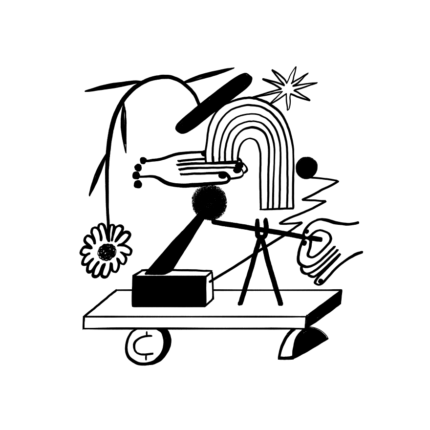
How your HSA can lower your taxes
If you’re looking for ways to save money on your tax return, your health savings account (HSA) is a great investment tool for doing just that.
Filing your tax return every year is inescapable. In 2018, the IRS processed 154.1 million tax returns. If you’re an American between the ages of 18 and 34, you’re in the group that files one out of every three tax returns. That’s 33.6% of all returns…
That said: we might as well accept what we cannot change (approaching tax deadline) and, instead, focus on what we can change (lowering our tax bill). Here are our favorite ways you can use your HSA to ease your tax burden.
Adjusted Gross Income
The amount of federal income taxes a person pays is based on the individual’s adjusted gross income or AGI. In other words, your AGI determines your taxable income.
So if you want to lower your tax bill, you need to lower your AGI.
You’ve Got to Pay to Play
A simple way to do this is to contribute the maximum amount to your health savings account. Putting money in an HSA is non-taxable, similar to a traditional 401K and IRA. You can also set up a payroll deduction. When you or your employer contribute money to an HSA, you will decrease your AGI.
If you want to achieve maximum tax-savings, fully funding your HSA is a pretty effective way to do it. If you want to know more about the types of tax deductions depending on how you obtain your health savings account, read about it here.
There are some governmentally-regulated rules around contributions amounts and just how aggressively you can benefit in the way of taxes. The money you put in your HSA is tax-deductible up to the annual contribution limit (woo!). For 2024, individuals can contribute up to $4,150 and family coverage maximum contribution is $8,300. And if you are a member of the older crowd, keep in mind people over age 55 are allowed to contribute an additional $1,000.
Be careful to stay within these limits… because if you exceed the maximum, Uncle Sam will fine you a penalty. And no one wants to pay extra fees along with more taxes to the federal government, am I right?
HSA’s Secret Weapon
Let’s spell out the main reason HSAs radically can affect your taxes: the triple-tax benefits, of course!
- Depositing money in your health savings account before taxes are calculated (pre-tax), you’re dramatically reducing your annual taxable income. Every single dollar you contribute is a tax-free dollar. Awesome!
- As your health savings account grows, your investment gains are not taxed. That’s tax-free earnings! In a Roth IRA, for example, you pay taxes on the earnings you’ve accumulated in investments.
- When you use your HSA money to pay for laboratory fees or doctor’s visits, you’ll never pay taxes on withdrawals for these expenses. In fact, you won’t pay taxes for any qualified medical expenses. In the case of a traditional IRA, your distributions are taxed at your income tax rate at the time of withdrawal, usually in retirement.
Beat the Buzzer
It’s not too late to save on your 2023 taxes. You can make contributions until the year’s tax filing deadline. So you have until April 15, 2024, to make contributions for 2023. Happy saving 😉


